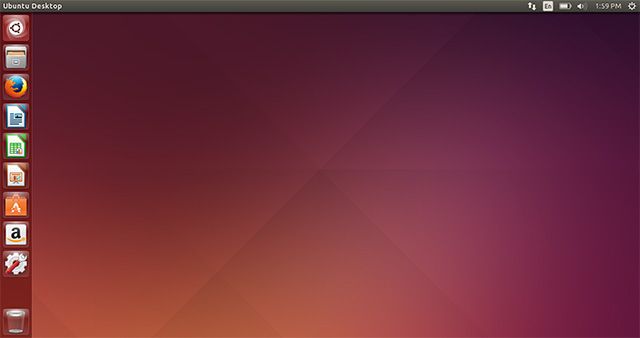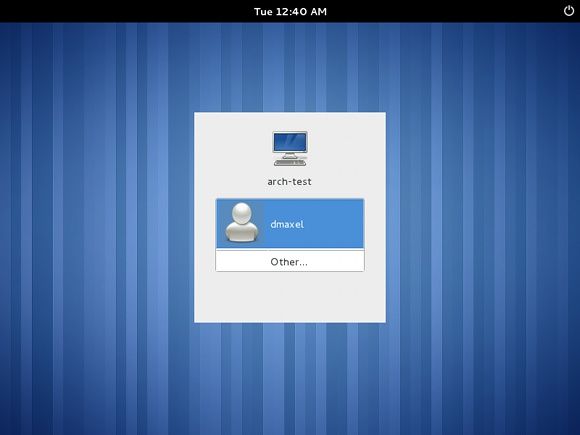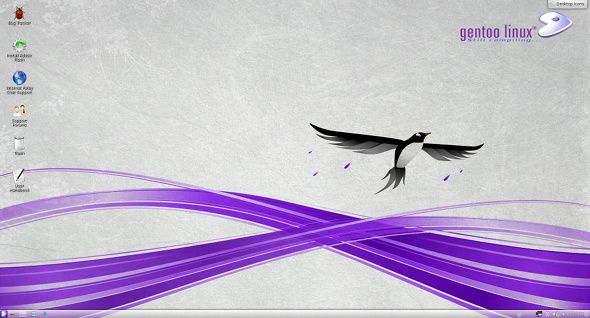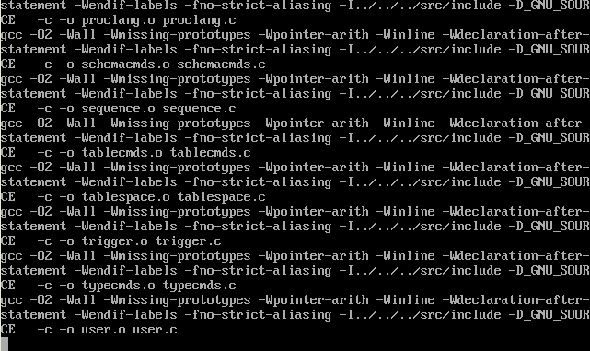If you're really interested in learning about Linux, there are some distributions that are better than others at helping you out. Depending on how deep you want to go, there are different distros that are ideal for you. Just be sure that you know what level you're really at.
Packaged Distributions
Packaged distros like Ubuntu, the most popular Linux desktop, and Fedora, a more advanced and purely open source Linux desktop, are the best distributions to use if you consider yourself to be a beginner or slightly experienced at using Linux. Out of the two, Fedora may be a bit more for slightly experienced users while Ubuntu and Ubuntu-based distributions are for beginners.
I recommend these distributions for the starting Linux users because they are the easiest to master. I'm not saying that you can't dig really deep in these distributions because you can, but you're not forced to so you're a lot less likely to learn new things. But these are also the easiest to install, so if you have a bit of self-discipline to make yourself learn new things besides the "basics", then these should still be fine choices for more advanced users.
Arch Linux
Once you've gotten experienced enough, I'd recommend that you move on to Arch Linux. In all honesty, Arch Linux isn't terribly difficult to set up and use, and there's loads of documentation to help you along the way. If you really are experienced enough, then none of this should be a problem; otherwise, maybe you're not yet as experienced as you might think.
The reason why Arch Linux is the next step is because you can still install software with packages, or compile software via scripts provided by the Arch User Repository (AUR). However, when setting up an Arch Linux installation, you only start out with a base system and nothing else. You'll need to install other software on top of that base, as well as make changes to various configuration files along the way. Again, the documentation (as provided by Arch Linux's wiki) is very thorough and should easily walk you through anything you want to do.
Gentoo
While I'm sure a handful of people may disagree with me about this, I believe that Gentoo is the next step after Arch Linux. With Gentoo, you'll have to do the same things as Arch Linux, but installation is more difficult and you have to compile all of the software you want to use yourself. You'll even need to concern yourself with things like compiler flags. This is all stuff that isn't needed under Arch Linux, although you can do all of this in any distribution (even Ubuntu!) if you really wanted to. But Gentoo forces you to do so.
While you learn a lot this way, you also get some theoretical performance increases because you're compiling software yourself and you can change the compiler flags according to your system and personal preferences.
Linux From Scratch
Once you feel very comfortable with using Gentoo, you're pretty much a super expert already. But, there is still one more step that you could take: Linux From Scratch. What better way to learn about Linux than to build your own operating system from scratch? This isn't even a real distribution or anything, but rather just a guide which you can follow along to build your own operating system based on the Linux kernel.
But once you've done this, you can literally say that you know the ins and outs of Linux. Godspeed on your journey, but it'll be well worth it in the end.
Learning Linux Is Useful & Fun
Learning more about Linux is fun and increasingly important. Even if you aren't yet sold on using Linux as your daily driver, learning the open-source operating system can be a personal achievement, as well as be a skill that you can put on your résumé. Putting something like "I made my own Linux operating system from scratch" on a resume can be extremely valuable in a job market where Linux skills are becoming increasingly important and marketable. So now there's two reasons to climb this ladder -- personal achievement and job opportunities.
What other Linux distributions could you recommend for any of these expertise levels? What about some Linux education material you find valuable? Let us know in the comments!





